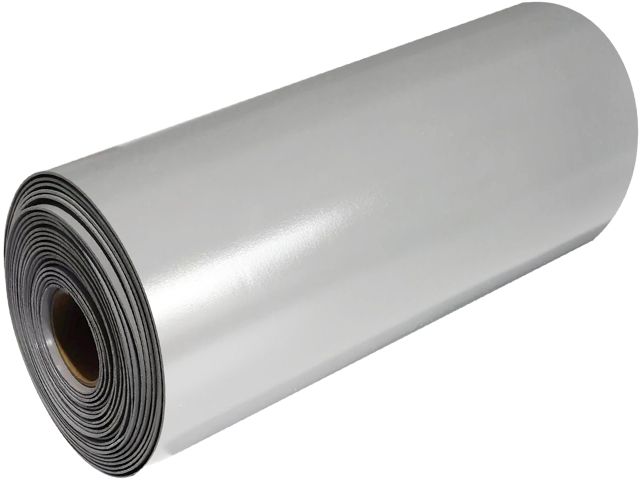Application of thermally conductive silicone foam material in new energy vehicle electronic products
New energy vehicle electronic products can generally be classified into two categories, one is automotive electronic control devices, and the other is automotive electronic devices. Among them, the former is used in conjunction with the on-board mechanical system, that is, the so-called electromechanical integrated semiconductor market application structure automotive electronic devices, including engine control systems, chassis control systems, and body electronic control systems. The latter is an electronic device that can be used independently in the car environment. It has no direct relationship with the performance of the car itself, including car information systems, navigation systems, car audio and TV entertainment systems.

With the rise of new energy vehicles, automotive electronics have added many control systems to new energy vehicles, such as dual-mode powertrain control, battery management systems, on-board chargers, DC-DC conversion control, and more.
Introduction and Application of Thermally Conductive Silicone Foam
Thermally conductive silicone foam is designed and developed in-house using high-performance composite materials, allowing complete control over the physical, chemical and electrical properties of the product. Silicone foam provides sealing and gasketing properties for a wide range of applications.
Thermally conductive silicone foam mainly meets the needs of low pressure and high compressive modulus when the product is in use. It can realize automatic production, has good contact with electronic products during assembly, and shows low contact thermal resistance and good electrical insulation characteristics. Protects electronics from shock and high heat damage while providing cushioning and vibration isolation. Reduce maintenance costs from gasket failure due to compression set and softening with superior slow resilience and low stress. Its ultra-flexible nature allows designers to seal the case with minimal force while still protecting the device from the environment.
Thermally conductive silicone foam material has the advantages of good affinity, weather resistance, high and low temperature resistance, and good insulation. At the same time, it has strong plasticity, can meet the filling of uneven interfaces, and can meet the heat transfer needs of various applications. It has high thermal conductivity, low compression force application, low pressure, high compression ratio, high electrical insulation, good temperature resistance and new energy, and can realize automatic use and other properties.



